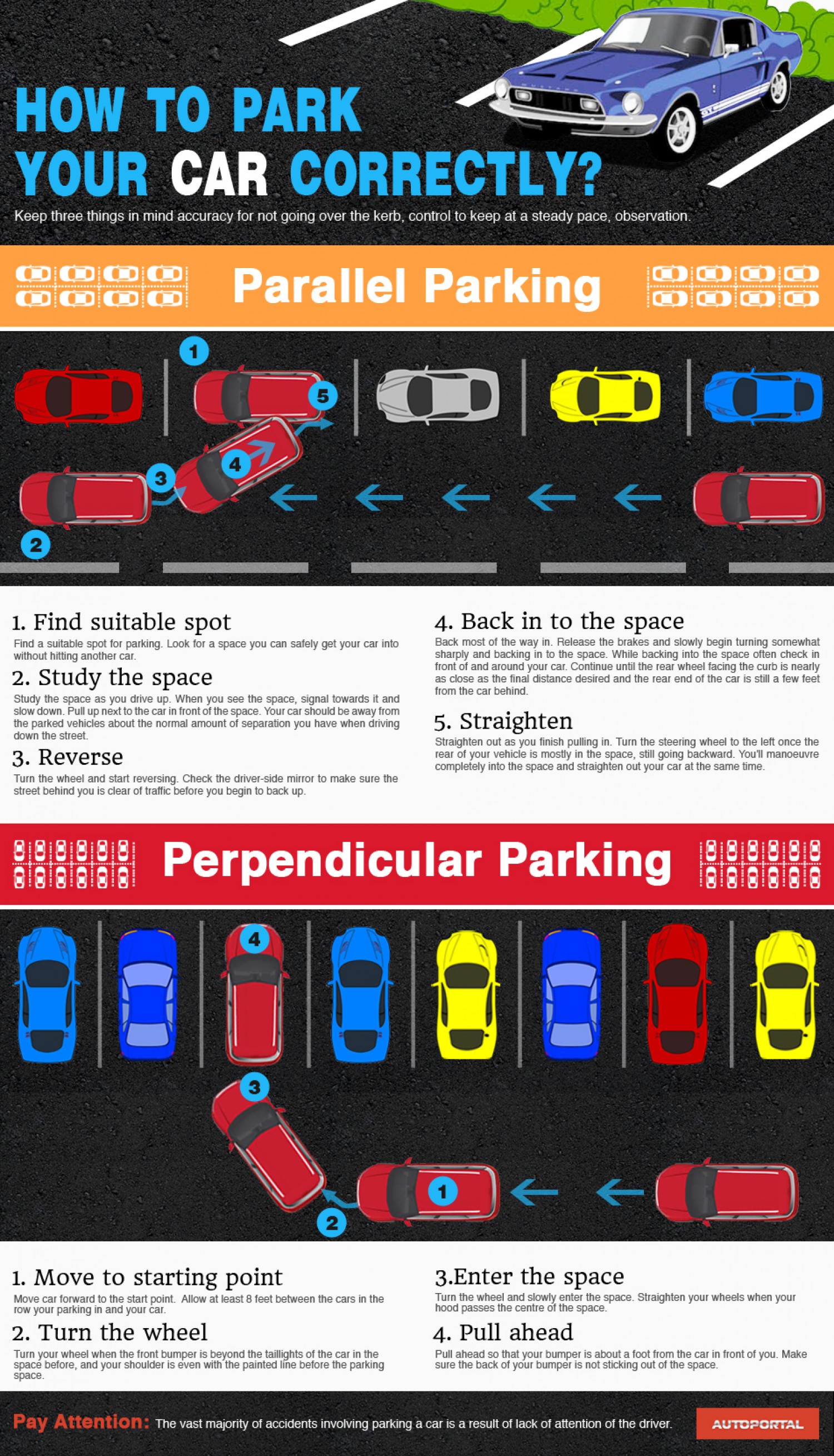Park Your Worries, Not Your Car: The Ultimate Guide to Long-Term Parking

Let’s face it, sometimes life throws us curveballs. Maybe you’re embarking on a long vacation, a work assignment that’s taking you far from home, or even a big move across the country. Whatever the reason, long-term parking can be a major headache. You’re worried about the safety of your car, the cost, and the hassle of finding a reliable solution.
But don’t fret! This comprehensive guide is here to equip you with all the knowledge you need to navigate the world of long-term parking with confidence. We’ll cover everything from choosing the right type of parking to maximizing your savings and ensuring your car is in tip-top shape when you return.
Related Articles: Park Your Worries, Not Your Car: The Ultimate Guide to Long-Term Parking
- Overnight Parking In Arkansas: Your Guide To Safe And Legal Parking
- Rest Stops In Arizona: Your Oasis On The Open Road
- Gated Parking In Alaska: Your Ultimate Guide To Safety, Convenience, And Peace Of Mind
- Navigating California’s Parking Maze: Your Guide To Long-Term Parking Solutions
- Parking Your Way To History: A Guide To Dover Capitol Parking
Types of Long-Term Parking: Which One’s Right for You?
The first step is figuring out what kind of parking best suits your needs. There’s a whole spectrum of options, each with its own set of pros and cons:
1. Airport Parking:
- On-site Parking: This is the most convenient option, as it’s directly at the airport. You can walk or take a shuttle to your terminal. However, it’s often the most expensive choice.
- Off-site Parking: This offers lower rates, but you’ll need to factor in the time and cost of shuttle transfers to and from the airport.
- Valet Parking: If you want the ultimate convenience, valet parking lets you hand over your keys and have your car taken care of. But it comes with a premium price tag.

2. City Parking:
- Garages: Garages offer secure, enclosed parking, but they can be pricey, especially in bustling urban areas.
- Surface Lots: These are generally cheaper than garages, but they might not be as secure, and your car could be exposed to the elements.
- Street Parking: This is the cheapest option, but it can be a gamble. You might struggle to find a spot, and your car could be vulnerable to theft or damage.

3. Long-Term Storage Facilities:
- Indoor Storage: This is the most secure option, protecting your car from the elements and potential damage.
- Outdoor Storage: This is the most budget-friendly option, but it exposes your car to the weather and potential vandalism.

Choosing the Right Parking Facility: Key Considerations
Now that you have a better understanding of the different parking types, it’s time to narrow down your choices. Here are some crucial factors to consider:
- Location: Is the facility conveniently located near your home, workplace, or airport?
- Security: Does the facility offer features like security cameras, gated access, and lighting?
- Cost: Compare rates and look for discounts or promotions.
- Amenities: Does the facility offer extras like shuttle service, car washing, or storage for personal belongings?
- Reviews: Check online reviews to see what other customers have to say about the facility.
Tips for Long-Term Parking Success
Once you’ve chosen a parking facility, here are some tips to ensure a smooth and stress-free experience:
- Prepare Your Car: Before you park, give your car a thorough cleaning, check your tire pressure, and top off your fluids.
- Protect Your Car: Invest in a car cover to shield your car from dust and the elements. Consider using a steering wheel lock and a car alarm for extra security.
- Document Everything: Take photos of your car’s condition before parking and keep a copy of your parking receipt.
- Check on Your Car: If you’re parking for an extended period, make arrangements to check on your car periodically.
Maximizing Your Savings
Long-term parking can be expensive, but there are ways to save money:
- Book in Advance: Many parking facilities offer discounts for early bookings.
- Look for Discounts: Check for senior citizen, AAA, or military discounts.
- Compare Rates: Don’t settle for the first option you find. Compare rates from multiple facilities.
- Consider Off-Season Parking: If you have flexibility, park during the off-season to get lower rates.
Long-Term Parking: Beyond the Basics
Here are some additional tips that go beyond the basics:
- Consider Alternative Transportation: If you’re parking for a long time, consider alternative transportation options like public transit, ride-sharing, or renting a car at your destination.
- Think About Insurance: Make sure your car insurance covers long-term parking. You might need to purchase additional coverage.
- Keep Your Car Running: Start your car and drive it for a short period every few weeks to prevent battery drain and keep the fluids circulating.
Long-Term Parking: A Stress-Free Solution
Long-term parking doesn’t have to be a nightmare. By following the tips and strategies outlined in this guide, you can find a safe, convenient, and affordable parking solution that meets your needs.
FAQ: Long-Term Parking
Q: How long is considered long-term parking?
A: Generally, long-term parking refers to parking for a period of 30 days or more.
Q: What is the average cost of long-term parking?
A: The cost of long-term parking varies depending on the location, type of facility, and length of stay. It can range from a few dollars per day to hundreds of dollars per month.
Q: What are the best ways to protect my car during long-term parking?
A: To protect your car during long-term parking, consider using a car cover, a steering wheel lock, and a car alarm. You should also ensure that your car is properly maintained and that its fluids are topped off.
Q: What should I do if my car is damaged while parked?
A: If your car is damaged while parked, you should contact the parking facility immediately and file a police report. You should also contact your insurance company to report the damage.
Q: What are some alternatives to long-term parking?
A: Some alternatives to long-term parking include public transportation, ride-sharing, renting a car at your destination, or selling your car and buying a new one when you return.
Q: Is it safe to leave my car parked for months?
A: It’s generally safe to leave your car parked for months, but you should take precautions to protect it from damage and theft. Consider using a car cover, a steering wheel lock, and a car alarm. You should also ensure that your car is properly maintained and that its fluids are topped off.
Q: What are some tips for finding the best long-term parking deals?
A: To find the best long-term parking deals, compare rates from multiple facilities, look for discounts, and book in advance. You can also try parking during the off-season to get lower rates.
Q: What should I do if I forget my parking ticket?
A: If you forget your parking ticket, you should contact the parking facility immediately. They may be able to issue you a replacement ticket or help you retrieve your original ticket.
Q: What are some common long-term parking scams?
A: Some common long-term parking scams include inflated prices, hidden fees, and false advertising. Be sure to read the parking facility’s terms and conditions carefully before you park your car.
Q: What are some things to consider when choosing a long-term parking facility?
A: When choosing a long-term parking facility, consider the location, security, cost, amenities, and reviews. You should also make sure that the facility is insured and that it has a good reputation.
Q: How can I avoid getting my car towed from long-term parking?
A: To avoid getting your car towed from long-term parking, make sure that you are parked in a designated parking area and that you have a valid parking permit. You should also check the parking facility’s rules and regulations to ensure that you are in compliance.
Q: What are some tips for keeping my car running while it’s in long-term parking?
A: To keep your car running while it’s in long-term parking, start it and drive it for a short period every few weeks. This will help to prevent battery drain and keep the fluids circulating. You can also consider using a battery tender to keep your battery charged.
Q: What are some other things I should know about long-term parking?
A: Long-term parking can be a convenient option for those who are going to be away from their car for an extended period of time. However, it’s important to do your research and choose a reputable parking facility. You should also take precautions to protect your car from damage and theft.
By understanding the different types of long-term parking, considering your individual needs, and following the tips outlined in this guide, you can park your worries, not your car, and enjoy your time away with peace of mind.

Closure
Thus, we hope this article has provided valuable insights into Park Your Worries, Not Your Car: The Ultimate Guide to Long-Term Parking. We hope you find this article informative and beneficial. See you in our next article!


